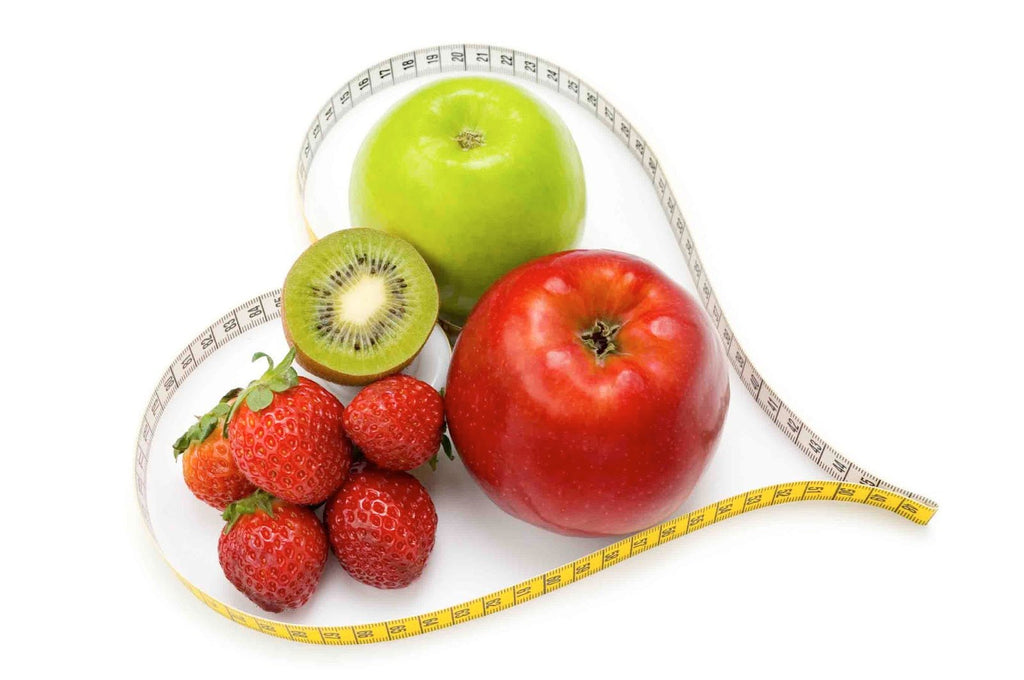What's Cholesterol Got to Do With a Healthy Heart? More Than You Might Think

This Father’s Day, we’re focusing on making sure Dad is healthy. One way to do this is to make sure he keeps his cholesterol levels in check! He may want to know why this is so important, so here are some key points to bear in mind.
So, cholesterol, what exactly are you?
If dad asks, what exactly IS cholesterol, here’s how to break it down for him: cholesterol is manufactured in the liver and transported through the bloodstream to sites throughout the body where it is needed. Because blood is composed mainly of water, cholesterol, which is water-insoluble, has to latch on to molecules called lipoproteins in order to travel around successfully in this aqueous environment. Low-density lipoproteins (LDLs) are the major transporters of cholesterol in the bloodstream. LDLs are known as “bad cholesterol” because they encourage the deposit of cholesterol in the arteries. High-density lipoproteins (HDLs), on the other hand, are considered a form of “good cholesterol” because they carry unneeded cholesterol away from the cells and back to the liver where it is broken down for removal from the body.
If everything is functioning as it should, this system remains in balance. However, if there is too much cholesterol for the HDLs to pick up promptly, or if there are not enough HDLs to do the job, cholesterol can turn into plaque that sticks to the artery walls and may eventually cause heart disease.
Dietary Cholesterol vs. Genetic Cholesterol
First and foremost, it is important to distinguish between serum cholesterol and dietary cholesterol. Serum cholesterol is cholesterol in the bloodstream. Dietary cholesterol is cholesterol that is present in food. While eating foods high in dietary cholesterol can raise serum cholesterol, it is not the only source of serum cholesterol. Indeed, you would have some amount of serum cholesterol even if you never ate any food containing dietary cholesterol because the body produces its own endogenous cholesterol!
So, what’s diet got to do with it?
Diet greatly influences cholesterol levels. The consumption of foods high in cholesterol and/or saturated fat increases cholesterol levels, while a diet centered around plants, regular exercise, and the vitamins niacin and vitamin C may lower cholesterol. So, while there is a genetic component, diet is central to combating unwanted cholesterol!
For some heart health supportive recipe ideas, take a look at the following!
Southwest Bulgur Tabbouleh
Super Easy Avocado Deviled Eggs
Skinny Chicken Fajitas in Lettuce Wraps
Avo Berry Mango Smoothie
Note: PLEASE consult with your doctor before making any changes to your diet or medications. The material on this site is provided for educational purposes only, and is not to be used for medical advice, diagnosis or treatment.
























